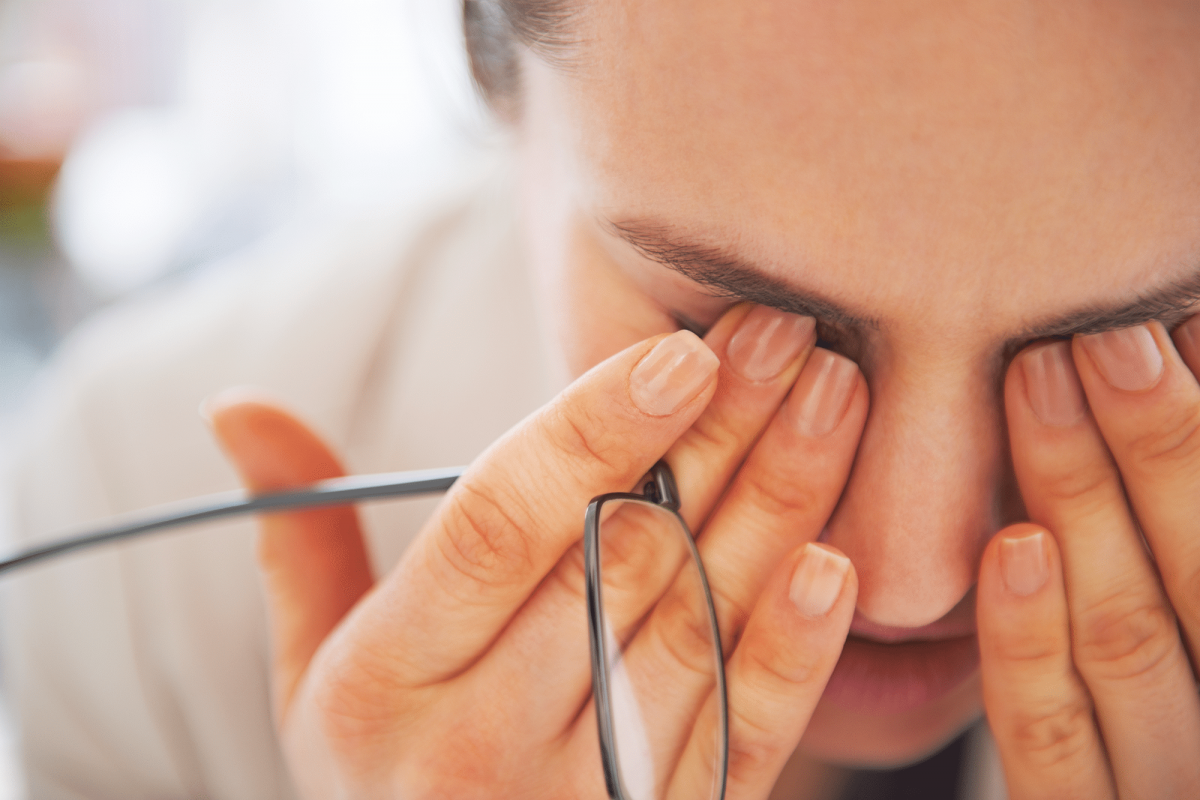Finding the best glaucoma specialist Chicago can be a daunting task but this article offers you useful tips to find the right ones. But first, let’s take a look at what glaucoma is,
What is Glaucoma?
Glaucoma is a leading cause of eye problems and vision loss around the world, the saddening thing about the disease is that millions of people have it but half do not know and this is why it is referred to as a silent disease.
Glaucoma refers to a group of diseases that damage the optic nerves of the eyes and can result in total blindness. The optic nerve functions as a transmitter between the eyes and the brain – it transports images from the eyes to the brain where it is processed. Glaucoma results in the inability of people to capture the image with their eyes.
To avoid loss of vision, early detection and treatment of glaucoma are vital – this is why finding the right glaucoma specialist Chicago is important. Through regular eye assessment, Glaucoma can be detected and promptly managed.
Glaucoma Treatment in Chicago
Only a certified glaucoma specialist chicago can handle the diagnosis and treatment of this eye disease. Also known as an ophthalmologist, or eye doctor, a glaucoma specialist Chicago is an individual who has completed medical school and specialized in glaucoma management. This professional possesses the technical know-how of handling this condition and is licensed by the state authorities after passing rigorous examinations.

Being a serious eye disease, glaucoma specialists must stay abreast of the latest technologies and treatment methods for tackling glaucoma. This will reduce the risk of vision loss. When looking for a glaucoma specialist Chicago, ensure you check their track record and experience in the fields. Do you leave your eyecare in the hands of quacks, it can pose greater dangers to one’s sight.
Who is at Risk of Glaucoma?
Glaucoma silently steals one’s vision, so it is important to be aware of one’s status and risk factors. The American Academy of Ophthalmology says about 2.2 million people who are above the age of 40 have glaucoma. If you are in this group, ensure you go for a test. You may also be at risk of glaucoma if you;
- Have diabetes
- Have a family history of the disease
- Above 40 or 60 years
- Are near-sighted
- Experience eye pressure at regular intervals
- Have thin corneas
Early detection of glaucoma can stop the degeneration of the optic nerve by this disease. Specialists at Kraff Eye Institute have the experience and skills to help you manage this condition.
